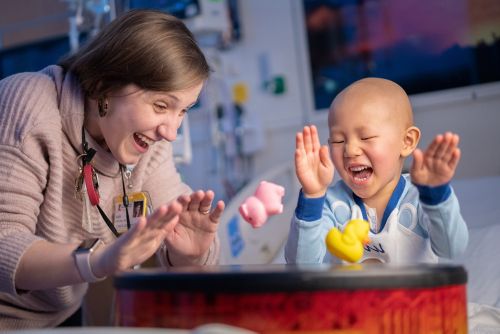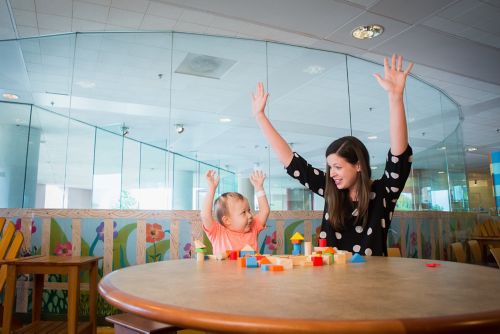St. Jude Family of Websites
Explore our cutting edge research, world-class patient care, career opportunities and more.
St. Jude Children's Research Hospital Home

- Fundraising
The Childhood Cancer Survivor Study (CCSS), is a collaborative, multi-institutional study funded by a grant from the National Cancer Institute of the National Institutes of Health. The CCSS is composed of individuals who survived five or more years after a cancer diagnosis during childhood or adolescence as well as siblings of survivors to serve as a comparison group.


Study Aims
The goal of the CCSS is to better understand the long-term effects of childhood cancer and its treatment, as well as determine the factors that increase the risk for adverse outcomes. This information will help inform prevention strategies and follow-up needs.
38K+
survivors diagnosed 1970-1999
1200+
Investigators utilizing CCSS data
31
participating centers
See where and how we work
